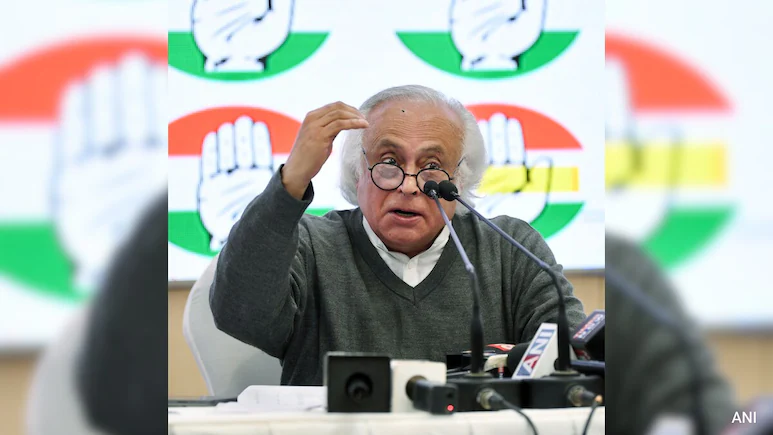The Congress party has strongly criticized the Rashtriya Swayamsevak Sangh (RSS) following remarks from its senior leader, Dattatreya Hosabale, suggesting a debate on removing the words ‘secular’ and ‘socialist’ from the Preamble of the Indian Constitution.
Hosabale, who serves as the General Secretary of the RSS — the ideological parent of the ruling Bharatiya Janata Party (BJP) — stated on Thursday that the inclusion of these terms, introduced through the 42nd Constitutional Amendment in 1976, deserves public reconsideration. He pointed out that the original Constitution did not include these terms.
In response, Congress communications chief Jairam Ramesh took to X (formerly Twitter) on Friday, asserting that the RSS has “never accepted the Constitution” and accused it of undermining the vision of India’s founding fathers, particularly Dr. B.R. Ambedkar and former Prime Minister Jawaharlal Nehru.
“This is not a new tactic,” Ramesh wrote. “It’s part of a long-standing conspiracy to dismantle Dr Ambedkar’s vision of a just, inclusive, and democratic India. The RSS has always been hostile to the constitutional values of equality and justice.”
He added that in the RSS’s own view, the Constitution is not rooted in Manusmriti — the ancient Hindu text known for its rigid caste and gender hierarchies — implying that the RSS’s ideological base seeks a different foundational text for the Indian republic.
Ramesh also alleged that the RSS and BJP have continuously advocated for a new Constitution. “This was Narendra Modi’s campaign message during the 2024 Lok Sabha elections. The people decisively rejected this call, yet demands for altering the Constitution’s basic structure persist.”
Sarcastically, he concluded by urging Hosabale to “read the Supreme Court’s November 25, 2024, judgment”, referencing a landmark ruling by then-Chief Justice Sanjiv Kumar. The court reaffirmed that secularism is a basic feature of the Constitution, citing key cases such as Kesavananda Bharati (1973) and S.R. Bommai (1994).
In that ruling, the Supreme Court emphasized that even though the word ‘secular’ wasn’t present in the original text, its ethos was deeply embedded in the Constitution’s structure. It stated:
“The commitment to equality, justice, and dignity — read in conjunction with liberty of thought, belief, and faith — clearly reflects India’s secular character.”
The bench also referenced the R.C. Poudyal (1994) case to reiterate that secularism means the State must treat all faiths with equal respect and without discrimination.
On the term ‘socialist’, the court clarified that its constitutional meaning extends beyond government economic policy. Rather, it denotes the Indian State’s commitment to social and economic justice, aiming to ensure equitable opportunities and upliftment for all.
“In the Indian context, socialism reflects a welfare state approach, ensuring that citizens are not disadvantaged due to economic or social background,” the judgment said.
The court further criticized the timing of the petition challenging these terms, pointing out it was filed in 2020 — more than four decades after the words were added — making the intent behind it “particularly questionable.”
Finally, the bench underscored that ‘socialist’ and ‘secular’ have not hindered legislative or executive action.
“These terms have gained widespread public acceptance, and their inclusion has never impeded the functioning of democratically elected governments.”
As debates resurface over the philosophical foundation of the Indian republic, Congress has reiterated that any attempt to erase ‘secular’ and ‘socialist’ from the Preamble amounts to a direct assault on the Constitution’s soul.



